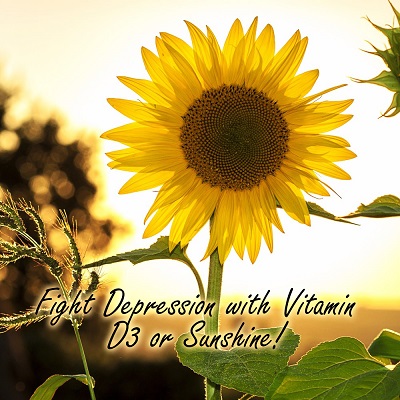 Depression as we get older is common, but rarely spoken about. There are many reasons why we may suffer depression as we grow older, and all of them are perfectly valid.
Depression as we get older is common, but rarely spoken about. There are many reasons why we may suffer depression as we grow older, and all of them are perfectly valid.
Sometimes, we may feel that we have lost our purpose since retirement and that we need to do more.
Then, we may feel we have lost too many loved ones, either physically, or due to distances and disagreements.
And oftentimes, our health and the day-to-day stress we handle can get on top of us.
Ultimately, changes in the wider world around us may leave us fearful and confused. It is perfectly normal and natural to feel stressed when faced with all this.
However, this stress may often turn into a deep depression where we find we are feeling down, or emotionally flat much of the time, have little energy, do not find pleasure in the things we usually enjoy, and have no hope or wants for the future.
Some people may be in this state for years, as they do not recognize it as a problem, or that it is something out of the ordinary.
However, staying depressed can be dangerous. Depression weakens our immune system and makes us less likely to fight for health and longevity when we are ill.
It also promotes the nocebo effect. A placebo is when we believe a medicine will work, or really want it to, and this makes it more effective. A nocebo is when we believe a medicine will not work, or do not want it to, and can make it less effective. I
It is not fully understood how either of these processes work, but they are well documented. Therefore, we need to avoid depression and treat it when possible as to ensure that we live long, happy, and healthy lives.
A great way of preventing and treating depression is simply by consuming the appropriate amount of the right vitamins and minerals.
Vitamin D3 is an amazing help when you suffer depression. D3 is a hormonal regulator, which means that it helps our body to produce the hormones that we need for optimal health. Our bodies don’t have a set number of hormones to produce, but rather they release them in response to each other.
We will make estrogen until we have a bit too much estrogen, and then we will release testosterone to balance it out. Our hormonal cycles play a huge part in ensuring our moods stay even. Our bodies need to constantly produce dopamine, serotonin, endorphins, and oxytocin in order for us to feel happy and satisfied with our lives.
Many older people do not get enough vitamin D3 as it is largely produced by exposing ourselves to sunlight, so we need to get as much beneficial sunlight as we can. There are also a some minerals that will help us absorb and use vitamin D3 much better.
Many people may be aware that having enough vitamin D3 promotes calcium absorption, but did you know it works the other way around as well? When we have enough calcium we use vitamin D3 better too. As we grow older our ability to absorb or retain calcium goes down, so we need to consider a supplement.
Magnesium is essential to cell transport, that is, to getting cells around our body… including the cells which carry vitamin D3. If we don’t have enough magnesium then we will not be able to absorb and use vitamin D3, so our risk of depression goes up. Research has found that magnesium supplements improve the symptoms of depression in many people.
Finally, zinc helps our vitamin D3 to do its job by enabling our cells to send signals to each other. How does our body know we need more dopamine? Simple: the cells which receive dopamine send out a signal asking for it. Zinc helps that message get through better, acting as a sort of phone line between the cells that need hormones and vitamin D3.






